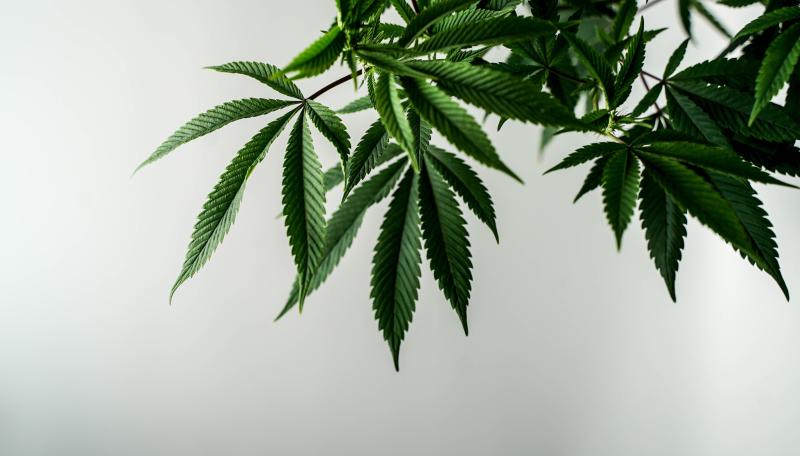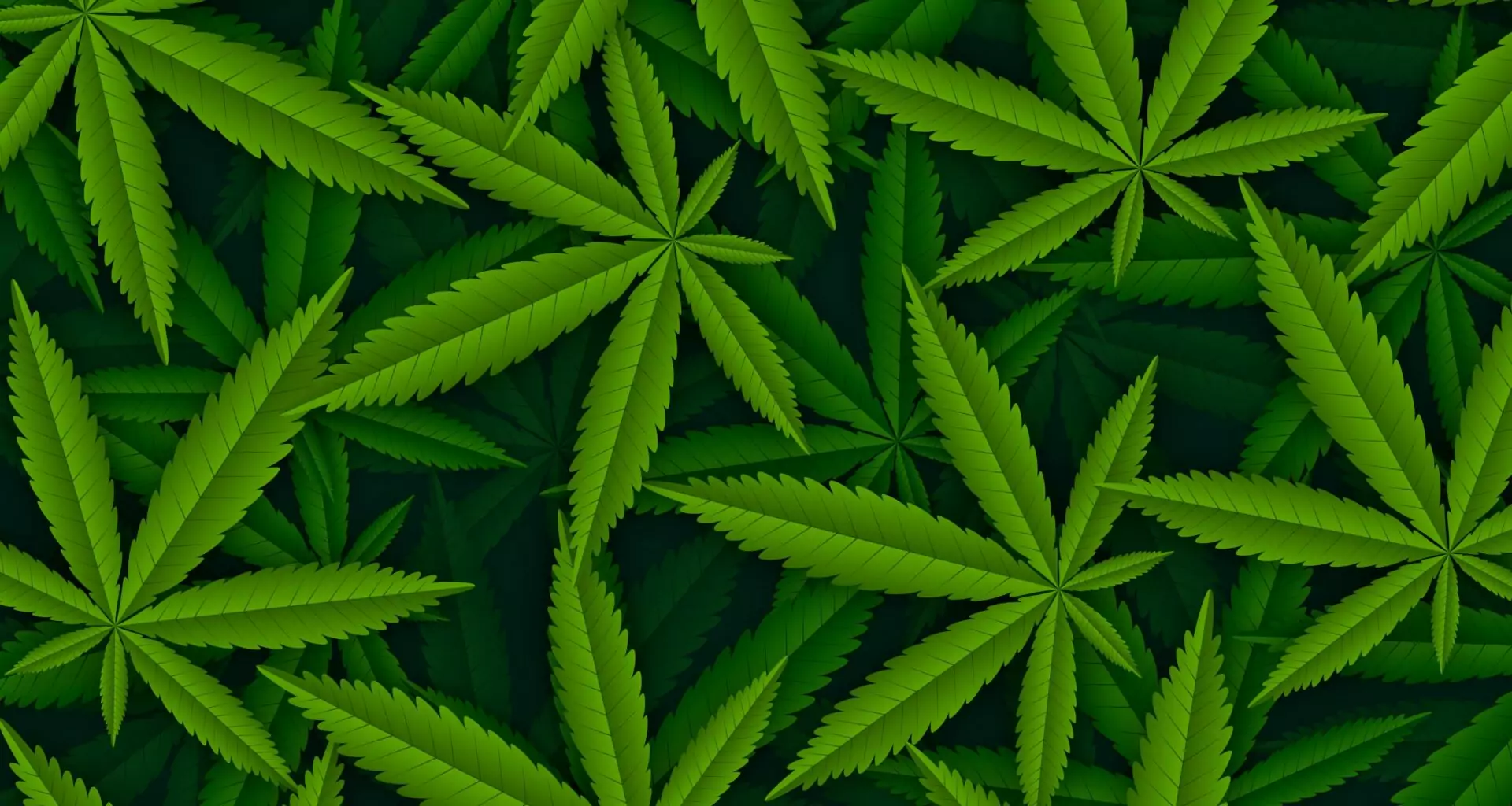Cannabis use in Africa has a long history, dating back centuries. The plant, known locally as “dagga” or “ganja,” has been used for various purposes, including medicinal, spiritual, and recreational uses. However, it’s important to note that cannabis laws and attitudes vary widely across the continent.
In some African countries, cannabis use is deeply rooted in traditional practices and cultural rituals. For example, in certain regions of South Africa, cannabis has been used for centuries in traditional medicine and spiritual ceremonies. Similarly, in parts of North Africa, such as Morocco and Egypt, the production and consumption of cannabis have historical and cultural significance.
Legally, the status of cannabis varies across Africa. Some countries have decriminalized or partially legalized cannabis, while others maintain strict laws and enforcement against its use. In recent years, there has been a growing global trend toward cannabis legalization and regulation for medical and/or recreational purposes, and some African nations have followed suit.
cannabis as medicine in africa
Cannabis has been used for medicinal purposes in various parts of Africa for centuries. Traditional healers and practitioners in some regions have long recognized the potential therapeutic properties of cannabis and have incorporated it into their healing practices.
In recent years, there has been a growing global interest in the medical applications of cannabis, and this trend has also gained traction in Africa. Several African countries have taken steps to legalize or regulate cannabis for medical use, acknowledging its potential benefits in treating certain medical conditions.
Lesotho, for instance, became the first African country to legalize cannabis cultivation for medicinal purposes in 2017. This move aimed to stimulate economic growth through the export of medical cannabis products. Similarly, countries like South Africa, Zimbabwe, and Malawi have also made advancements in legalizing or regulating cannabis for medical use.
Medical cannabis is believed to have potential therapeutic effects in treating various conditions, including chronic pain, multiple sclerosis, epilepsy, nausea and vomiting associated with chemotherapy, and certain psychiatric disorders. However, it’s important to note that scientific research on the medical benefits of cannabis is still ongoing, and more robust studies are needed to establish its efficacy and safety for specific medical conditions.
In Africa, the legalization and regulation of medical cannabis aim to provide patients with access to quality-controlled cannabis-based products, promote research and development in the field, and potentially create economic opportunities for local communities.
It’s crucial for individuals interested in using cannabis as medicine to consult with healthcare professionals who can provide guidance and ensure proper dosage and monitoring. Additionally, it’s important to adhere to the specific laws and regulations governing medical cannabis in each African country, as they may vary.



